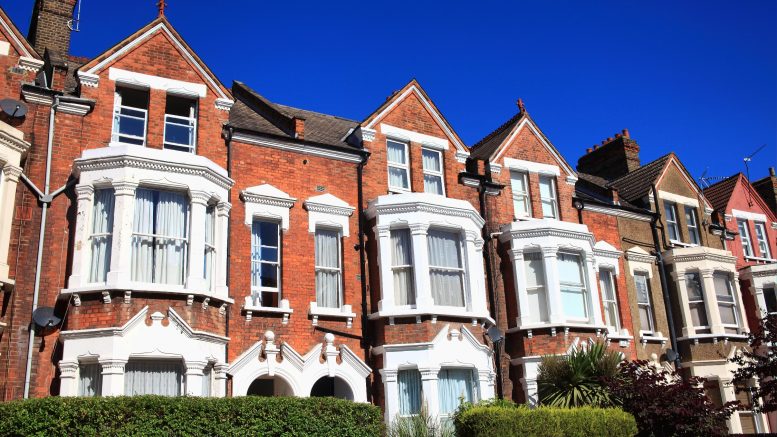As a general rule, houses in multiple occupation should always be treated for council tax purposes as a single property, the Government has proposed.
In the past this has usually been the case, but general improvements in the standard of HMOs means that individual units within HMO properties are now sometimes assessed separately for council tax purposes. And the implications for tenants and landlords can be very significant.
This is the view of the Government, put forward in an open consultation on the valuation of HMOs as applied in England.
Greater consistency is needed in council tax banding of HMOs, it suggests. ‘Subject to the outcome of this consultation, the Government is minded to introduce changes to the relevant regulations to ensure that, other than in exceptional circumstances, HMO properties should have one council tax band’.
Change is needed because the Government ‘is aware of concerns that a consequence of some HMO properties not being aggregated for council tax valuation purposes is that tenants, who had not previously been liable for council tax, are now becoming liable and receiving bills significantly in excess of any sums they may have been charged had the liability remained with the landlord.
‘This approach to banding may also impact on those landlords who wish to make improvements, either to existing HMOs or through conversions of existing properties. There is a risk that landlords may be deterred from making improvements if a consequence might be the creation, for council tax purposes, of multiple properties.
‘That may then lead to tenants becoming liable for council tax and, therefore, potentially less able to afford the property’.
The consultation, which is open until the end of March, seeks views on the way HMOs in England are valued for council tax purposes, and on proposed changes that would ensure they are banded as one property and have one council tax band, other than in exceptional circumstances.
HMOs form an important part of the housing market, often providing cheaper accommodation for people whose housing options are limited, the consultation acknowledges.
‘It is estimated that there are 500,000 HMOs in England. The nature of HMOs has continued to evolve over time, with improvements in quality and variation in size and types of properties. HMOs can provide affordable housing options for some of the most vulnerable and disadvantaged groups, such as those on low incomes. HMOs are also contributing to the regeneration of our high streets, with high quality HMOs being used to provide affordable accommodation for young professionals’.
HMOs, as with all domestic property, are given a council tax band by the Valuation Office Agency (VOA). This is used to inform the calculation of the council tax due. Historically, HMOs have generally been valued as having one council tax band. In those situations, the owner of the HMO is liable for the council tax due on the property.







